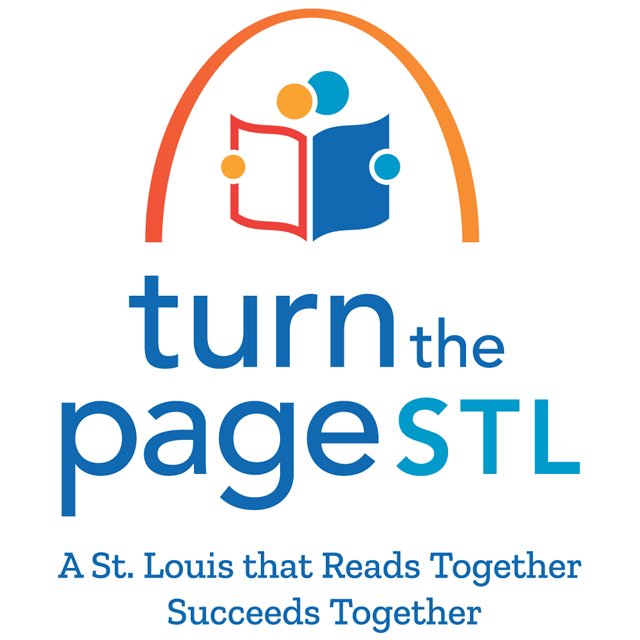Turning the Page on St. Louis Literacy
Life, liberty and the pursuit of happiness: the unalienable rights of every human, wrote Jefferson. Add one to the list, says Lisa Greening. “You can’t have freedom and opportunity without literacy,” she says, “and all learning begins with reading.” Greening has made a career of advocating for greater literacy and now leads a city-county wide initiative to improve literacy rates when it matters most.
“It’s well established that children who do not read proficiently by third grade are four times more likely to leave school later on, because beginning in fourth grade, you are reading to learn,” says Greening. Frustrated by the lack of progress in third grade proficiency levels – currently averaging 30% in schools within the St. Louis Promise Zone, neighborhoods in the city and county targeted by the federal government for revitalization – Greening left her 10-year post as Executive Director at Ready Readers this past June to run the local chapter of the National Campaign for Grade-Level Reading, calling it “Turn the Page STL.”
“We are turning the page on literacy in St. Louis. It’s a full-on blitz by community leaders, foundations, corporations, educators, nonprofits and others to change the literacy landscape for good,” she says. Offering to serve as fiscal sponsor, YouthBridge has awarded Turn the Page STL a Think Big for Kids grant and provided meeting and office space to Greening as she lays the groundwork. First steps involve taking the pulse of school districts and analyzing how top-level programs in the country have achieved success.
One model has been the Turn the Page KC organization in Kansas City. “Eight years ago, the community was at 30% third grade reading proficiency and is now at 56%. By 2022, Kansas City expects to be above 70%,” says Greening. Not only borrowing the name, Greening plans to employ the best practices of Turn the Page KC, which focus on three key areas: school readiness, attendance and summer learning.
 “It’s essential that children enter kindergarten ready to read, as your vocabulary in kindergarten directly correlates with your third grade reading scores,” Greening explains. Early screenings can gauge the level of readiness, with indicators as simple as whether or not the child can hold a book correctly, she says. Some of the ways to ensure children are building these skills, she says, is by building awareness programs for families, increasing access to high quality early childhood programs and providing age appropriate books to build home libraries.
“It’s essential that children enter kindergarten ready to read, as your vocabulary in kindergarten directly correlates with your third grade reading scores,” Greening explains. Early screenings can gauge the level of readiness, with indicators as simple as whether or not the child can hold a book correctly, she says. Some of the ways to ensure children are building these skills, she says, is by building awareness programs for families, increasing access to high quality early childhood programs and providing age appropriate books to build home libraries.
Greening knows it’s a long road ahead, but is bolstered by the many organizations already committed to early literacy, such as her beloved Ready Readers. It’s about aligning efforts for a shared vision, she says. “Every child should know the pleasure and power in reading, regardless of their socioeconomic status, because literacy not only opens the mind, but literally opens doors.”
